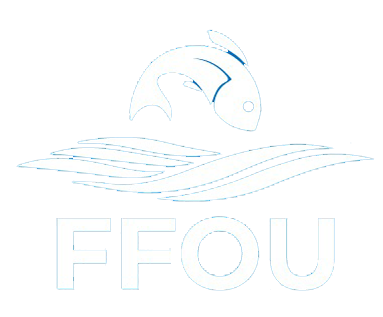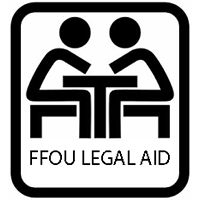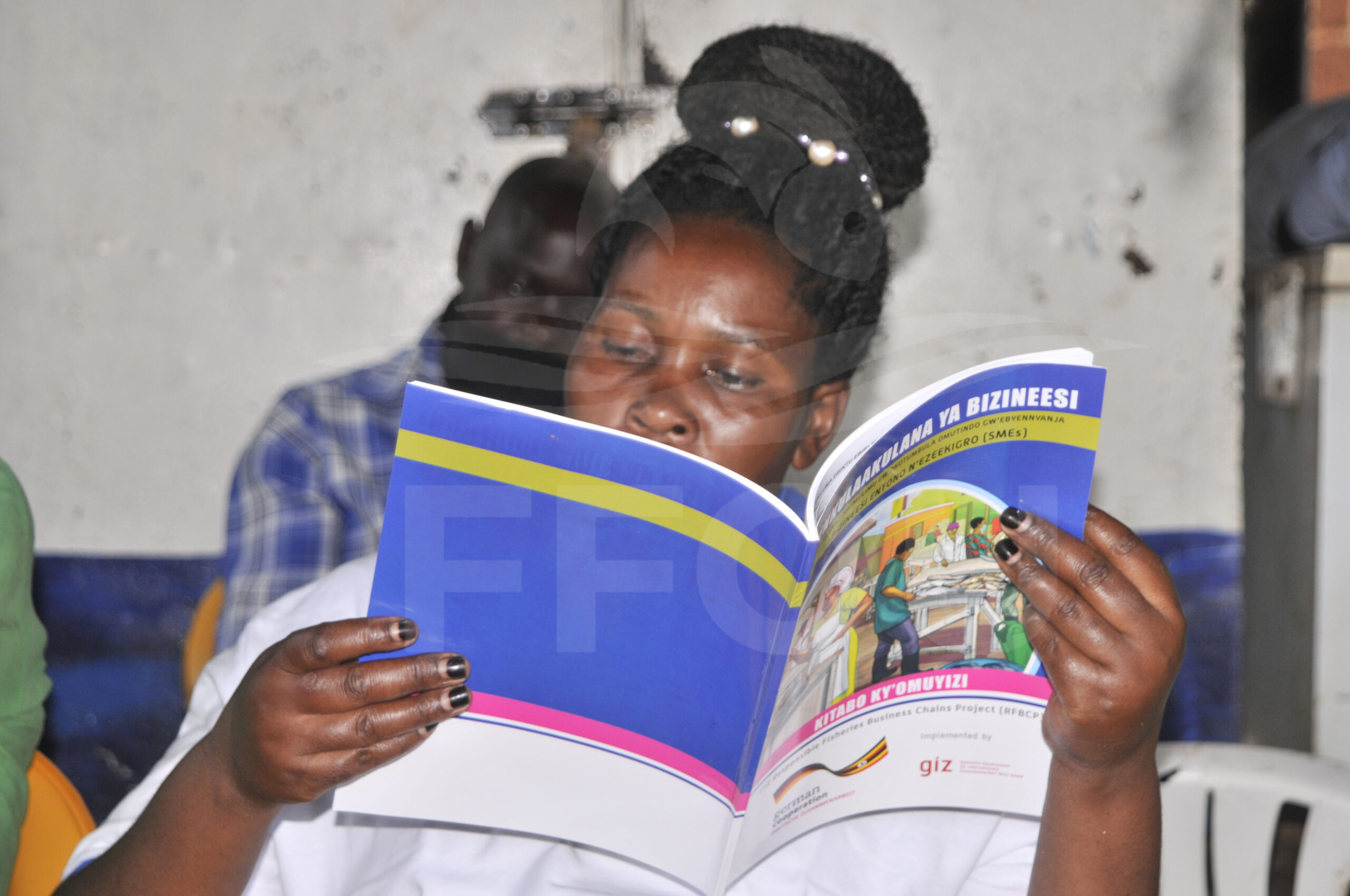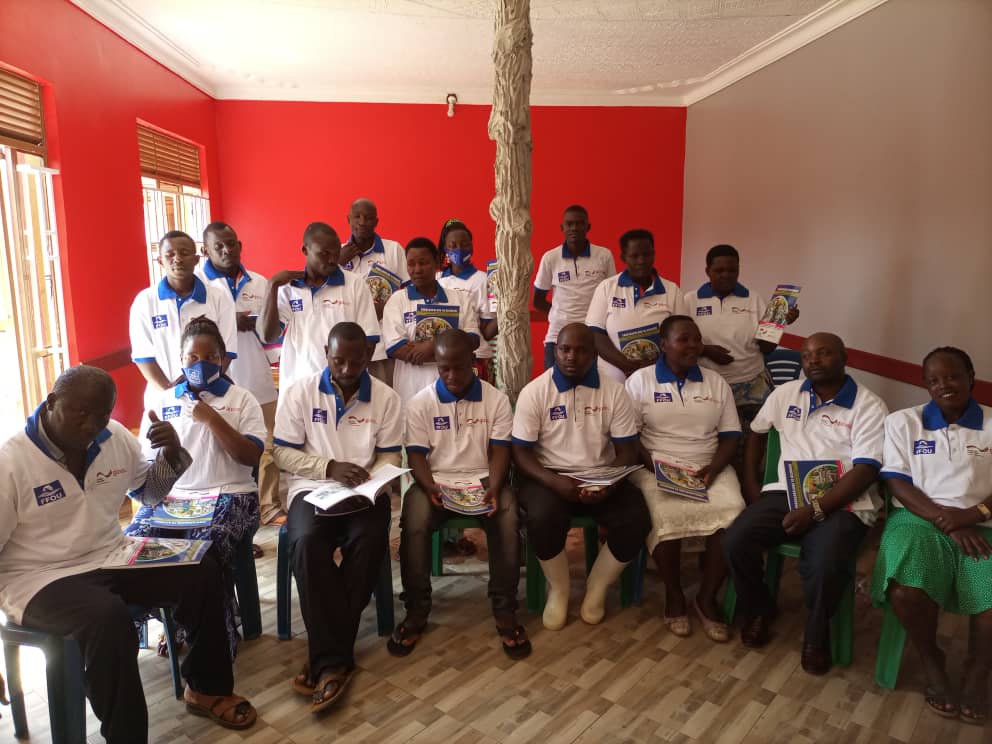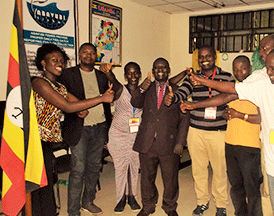
Capacity Building for Women and Youth
Project Time :
As pointed out by Ikiara (1999), most fishers are generally poorly educated: 8% of fishers have no education at all, 65% have not gone beyond primary education. The issue mostly affects women who,in a study conducted by Medard (2001) in Tanzania, concluded that education was a key-influencing factor determining their roles in the society. Most women are aware of their disadvantaged situation in terms of education, and assert that it has affected the direction of their lives and limits their opportunities (Mutoro 1997). Where fisher groups exist, lack of education has been cited as a source of stagnation in the groups’ business endeavors, limiting their communication to the outside world (Medard 2000a). LVFRP/SEDAWOG (1999) found that training among fish traders and processors is low. For instance, out of 198 fish traders and processors interviewed in Tanzania, only 6% had knowledge of book-keeping and 2% on fish processing. Specialized training on fish group management and leadership roles, accountancy management procedures and gender awareness is limited to only group officials. Hence, there is a tendency to overburden some of the group members, which affects the performance of the marketing and processing fish groups(Medard 2000a).
Competition among Traders
The rising need for cash income has caused a great number of traders to join the fishery sector. Due to stiff competition, women have developed coping strategies. Some may invest in their own boats and
gears, while others may have special arrangements with the fishers in order to secure sufficient supplies. The arrangement could be gifts of food and loans of money. Competition can be so stiff that female traders may prostitute themselves to fishers in order to obtain favours, low prices, and guaranteed supplies.
